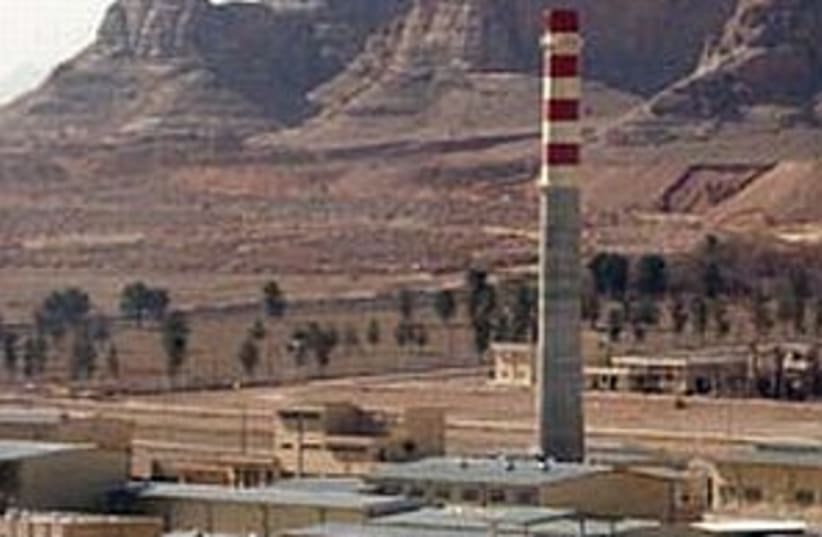| More about: | Israel, United States Department of State, United States, Tzachi Hanegbi |
Israel, US concerned about Iran nukes
The two countries resume strategic dialogue after a three-year hiatus.


| More about: | Israel, United States Department of State, United States, Tzachi Hanegbi |